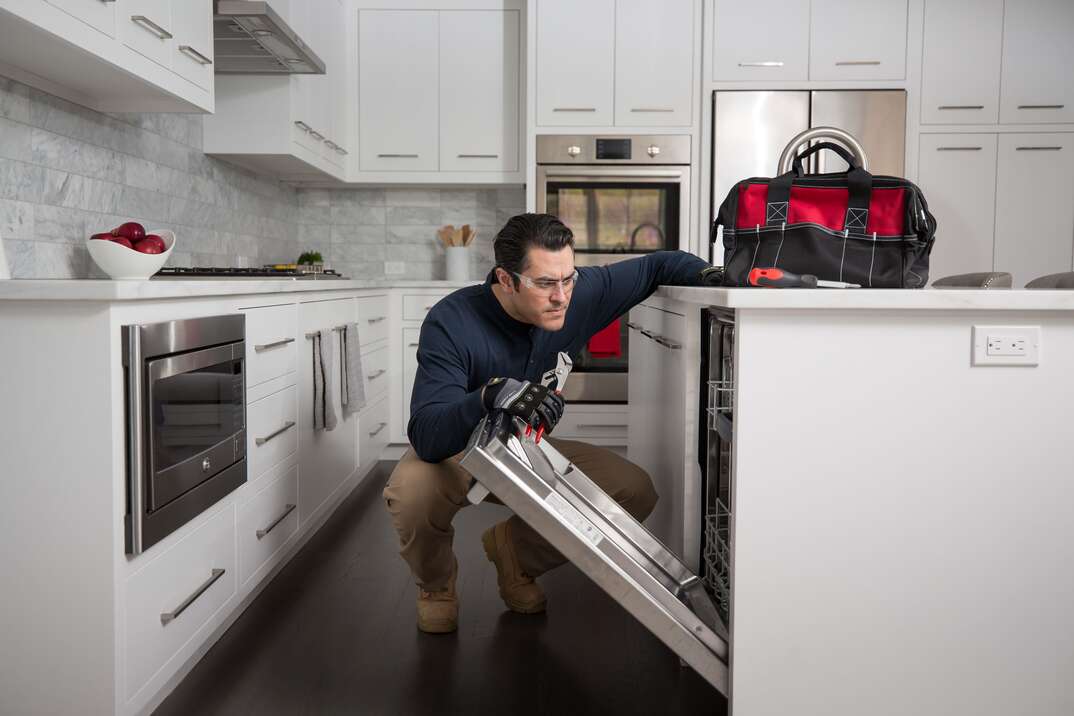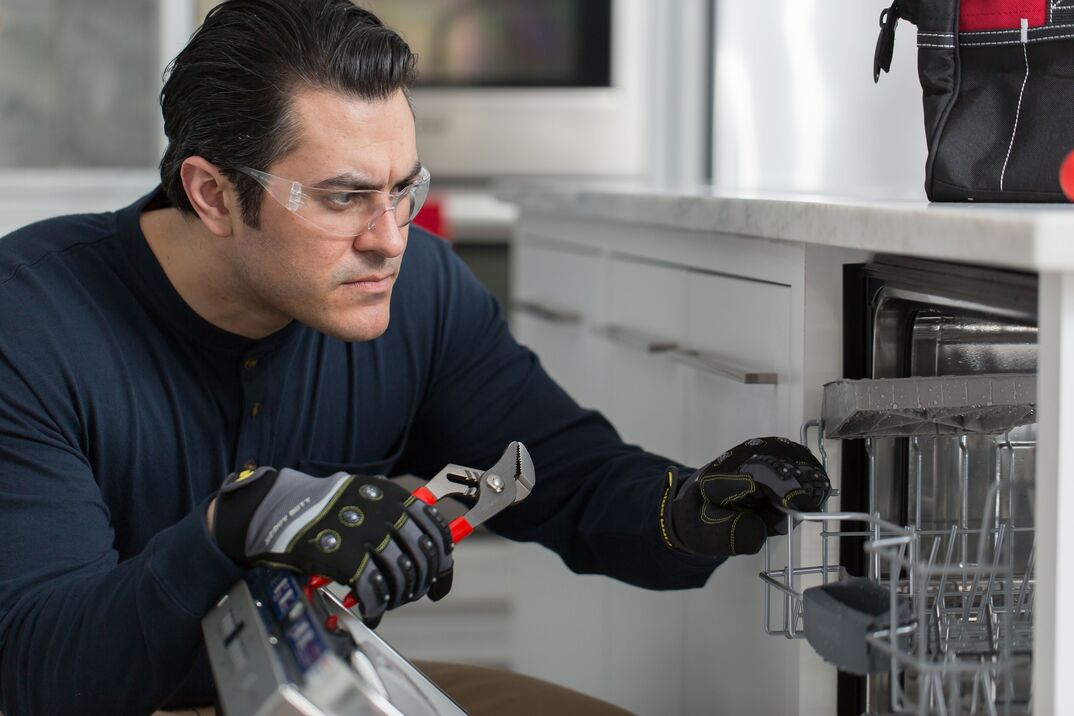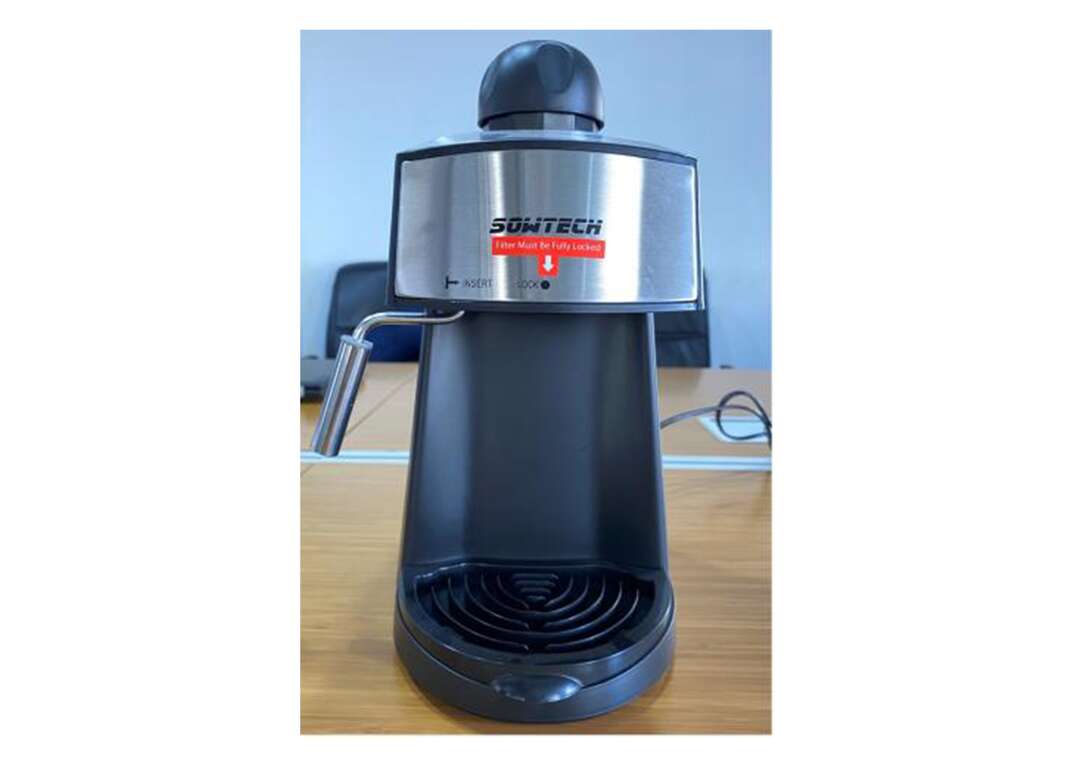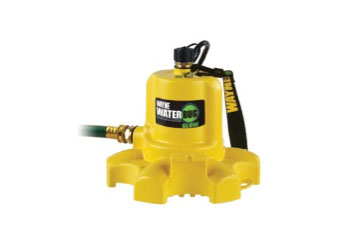Should You Repair or Replace Your Dishwasher?
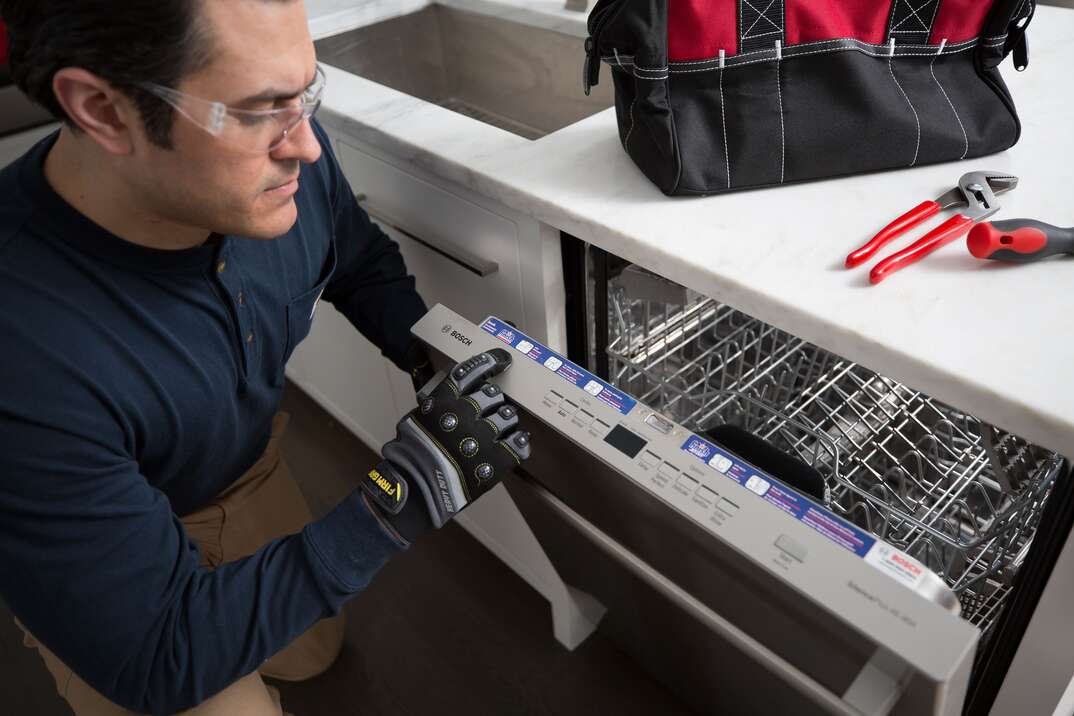
Owning a dishwasher is supposed to save you from breaking a sweat while scrubbing pans and glassware. But when your dishwasher goes out, your sink can fill up with dishes fast. Your first question may be whether you can fix it yourself. Should you have a professional repair it? Or — worst-case scenario — will you need a new machine altogether?
This May Also Interest You: How to Remove a Dishwasher in 3 Simple Steps
There are two big factors to consider when deciding whether to repair or replace: availability of replacement parts for your dishwasher and how old it is. Use this guide to help you determine which option is best for you.
How Long Do Dishwashers Last?
Dishwashers typically last 10 years, but according to Consumer Reports, about 30% of new dishwashers require some type of repair within the first five years. If your dishwasher is a decade old, it might be worth the cost to replace it instead of attempting a repair. Older dishwashers can have higher repair costs because the parts are no longer available.
How Much Does a New Dishwasher Cost?
Dishwasher prices vary widely based on the specific brand and the features you want. You can find a basic model for about $400, while higher-end dishwashers can cost over $2,000. You should also factor in installation costs; in a home with existing hookups, installation will add $50 to $100.
How Much Does It Cost to Repair a Dishwasher?
This will depend on the specific problem and the model of dishwasher you own. To hire a repair service to fix a common dishwasher problem, you’ll pay about $200. Some things you can fix yourself for free or just the cost of parts.
Common Dishwasher Repairs
These are some common issues that you can fix yourself or hire someone to repair:
Leaking Dishwasher
Leaking dishwashers are often easy to fix. A dishwasher leak is usually caused by either a loose hose or a broken gasket. Gaskets are small rubber rings that connect two hoses or connect a hose to another part inside the dishwasher. Because they are made of rubber, they wear down over time and can develop cracks or break apart. Replacement gaskets tend to be inexpensive. Often, you can replace them yourself.
If water is leaking out of your dishwasher and onto the floor, a broken door seal might be the problem.
Broken Heating Elements
A failed heating element might prevent your dishwasher from completing the drying cycle. You’ll probably need to have an expert diagnose what’s wrong with your heating element and order parts to fix it.
Clogs
Water pooled in the bottom of the unit might indicate a clog somewhere in the drainage system. Clogged spray arms might prevent your dishwasher from producing powerful enough water flow for efficient cleaning. You can often unclog your dishwasher yourself.
Broken Soap Dispenser
Sometimes soap dispensers won’t close or won’t release soap during the wash cycle. Typically, you can order replacement parts and fix it yourself.
Major Repairs
Broken motors, defective control panels or damaged circulation pumps are problems that typically require professional repair. The parts required to repair these problems also tend to be more expensive. Depending on the availability of parts, it might be cheaper to replace your dishwasher than repair these issues.
More Related Articles:
- How to Clean a Dishwasher
- Your Guide to Dishwasher Installation and Replacement Costs
- How to Unclog a Dishwasher
- Common Dishwasher Problems and How to Fix Them
- Dishwasher Not Draining Properly?
Can You Fix a Dishwasher Yourself?
Doing some basic troubleshooting can save you the cost a repair service. Before you decide to replace or repair your dishwasher, do these checks to see if the problem is actually a minor one:
- Check the power connection to make sure the dishwasher is getting power from your electrical system.
- Make sure nothing is blocking the door from closing completely.
- Check the internal drain for clogs.
- Inspect visible seals and gaskets for any cracks or loose connections.
If the problem isn't obvious, it may be time to call in a professional or start shopping for a new dishwasher.
When Should You Definitely Replace a Dishwasher?
If the repairs would cost 50 percent or more of the cost of a new unit, you should replace it. So, if it would cost $500 to replace your current dishwasher, you shouldn’t pay more than $250 to fix it.
Another sign it’s time to get a new dishwasher is if you’ve made repairs multiple times in the last year. An occasional repair might be worth the cost, but when multiple parts are failing, that indicates the entire appliance is breaking down. Inspecting gaskets, seals, drains and other easily accessible areas might help you determine whether other parts are close to failure.
In most other instances — like if your dishwasher is fairly new, or repairs are inexpensive — it’s in your best interest to repair rather than replace.
Do New Dishwashers Offer Energy Savings?
If your dishwasher is an older model, replacing it with a newer version might offer other benefits. Newer appliances tend to be more energy efficient and use less water, which can save you money on operating costs.
Can You Make a Dishwasher Last Longer?
Whether you're trying to keep an older dishwasher running as long as possible, or maintain a brand-new one, there are several things you can do to help extend the life of your appliance.
It can be tempting, but never use your dishwasher to clean anything but dishwasher-safe dishes. Trying to wash toys or car parts could clog the dishwasher with materials it’s not designed to handle. Cleaning your dishwasher once a month can help prevent buildup and blockages that could lead to bigger problems. Remove hard-water build-up regularly.
Since we’re all home now more than ever, being prepared for unexpected home repairs with a plan from HomeServe is important. Having a plan in place gives you the peace of mind knowing that you can simply call our 24/7 repair hotline for covered breakdowns. See what plans are available in your neighborhood.
